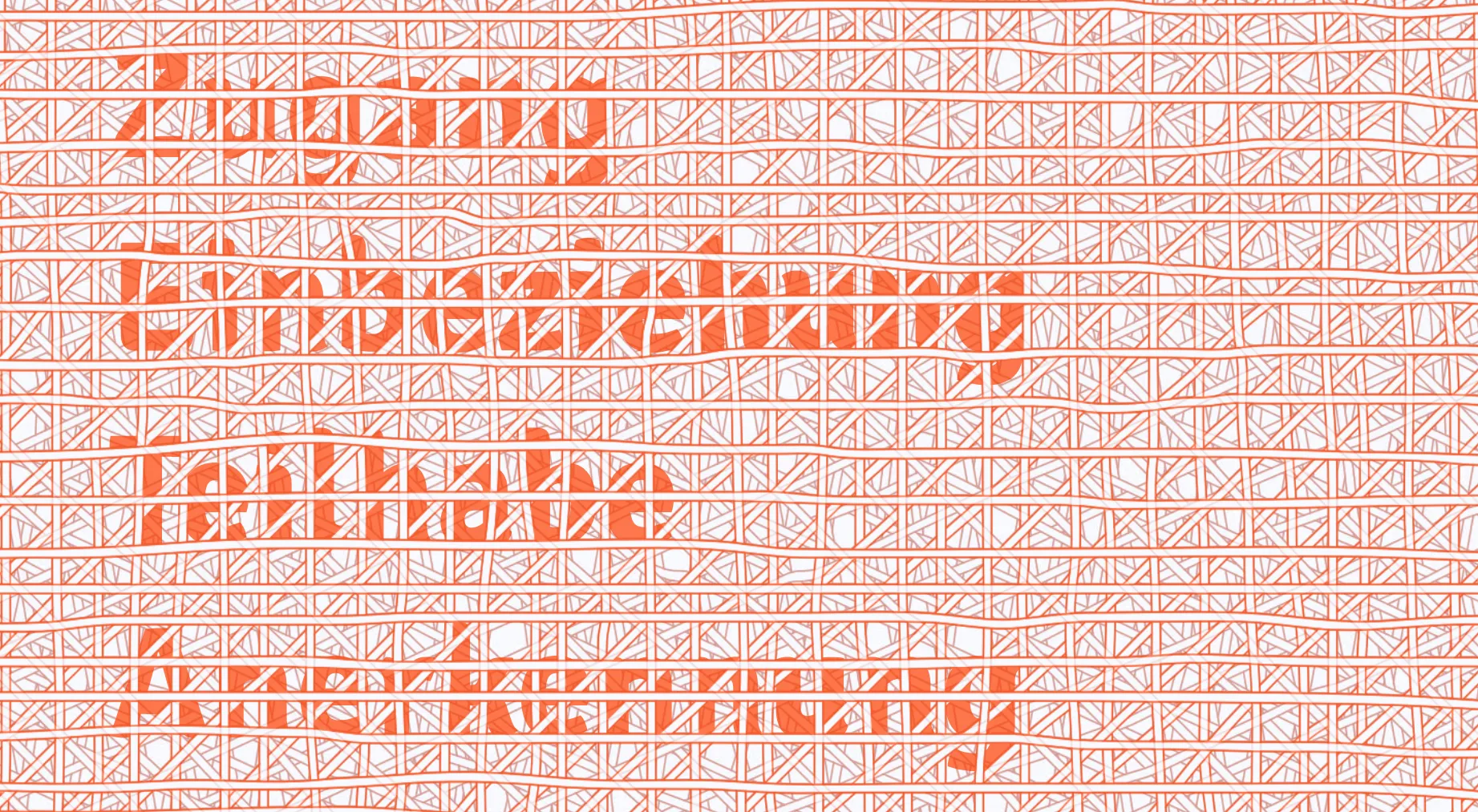Inter...what? Intersectionality! A Visual Introduction
What is intersectionality? How are discrimination and privilege related? What does intersectional discrimination mean? These questions are answered in the web-based article "Inter...was? Intersektionalität! – Eine visuelle Einführung" answers them. With a combination of text, animated illustration and interactive data visualisation, it offers an introduction to the socially relevant topic of intersectional discrimination.

The text forms the framework for a scrollytelling article. Its additional translation into an adapted visual language supports the communication of the topic. Case studies on intersectional discrimination in Germany are vividly communicated through the visualisation of study data. The visual article provides thought-provoking impulses, inspires a change of perspective and encourages further commitment and action. Selected contextual information of the project is also disclosed, i.e. how it was done, who did it and why it was done. Certain visualisation decisions are made transparent and the people involved are made visible. The project process is disclosed, the authors' positions are communicated and the project results are critically reflected. We have designed and implemented specific visual interface elements that aim to embed this disclosure information into the article.
A first version of the article was developed as part of Hannah Schwan's design bachelor thesis and then further developed and implemented as an interactive website by Hannah Schwan and Jonas Arndt and with support from Sandra Cartes and Marian Dörk.
The project is connected to the research project "VIDAN: Visual and dynamic arrangements of narratives", funded by the Federal Ministry of Education and Research, which is being carried out at UCLAB of the FHP.
Support
Mitarbeitende
- Hannah Schwan
- Jonas Arndt

